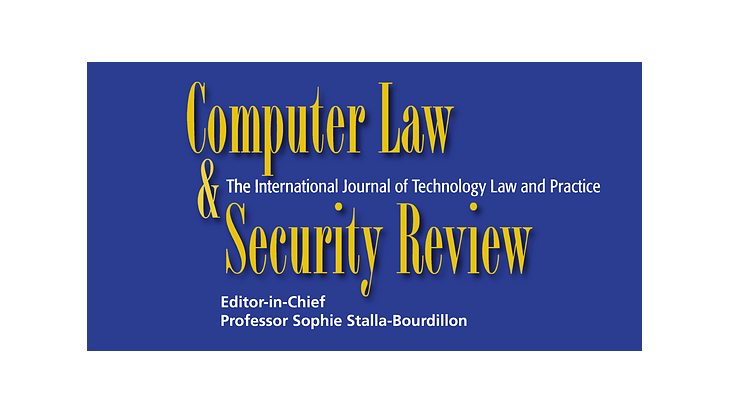für Recht und Ökonomik
Selected Publications: The Complex Implications of FinTech for Financial Inclusion
4. Mai 2021, von Pedro Magalhães Batista

Foto: Jeffrey Blum
While FinTech might increase financial inclusion, some of these new technologies can also aggravate systemic risk. In "The Complex Implications of FinTech for Financial Inclusion," Professor Heather Hughes tackles how blockchain-based market activities can elevate systemic risk and how private-law doctrines and concepts should be applied to monitor the evolution of blockchain-based finance. These challenges emerge because of the facilitation of blockchain-based finance to synthesize financial assets in more complex and obtuse ways. At the same time, it also enables self-executing transactions to emerge, which challenges private law doctrines and are complicated to be reverted.
According to Professor Hughes, the New Deal settlement, which placed the public responsibility to maintain the overall stability of the financial system while private actors retain the control of financial capital allocation, now faces a significant challenge because of the complexity of the blockchain-based platforms. Moreover, blockchain-based smart contracts challenge legal frameworks as they conflate "contract and property law devices, and mimics both security interests and entities." This would allow such contracts to "side-step statutory boundaries that reflect longstanding political choices." Complementing other proposals that focus more on the reconfiguration of federal regulatory bodies to solve this challenge, Professor Hughes makes a case for "the regulatory potential of state laws, especially the common law and commercial laws."


